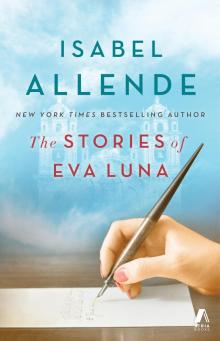 The Stories of Eva Luna
The Stories of Eva Luna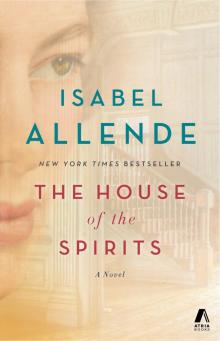 The House of the Spirits
The House of the Spirits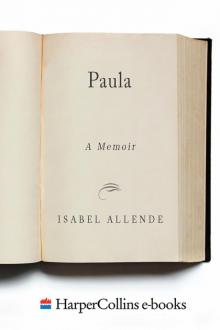 Paula
Paula Ines of My Soul
Ines of My Soul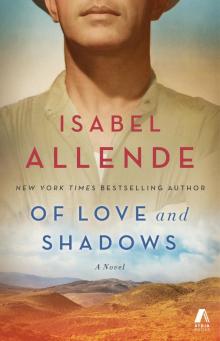 Of Love and Shadows
Of Love and Shadows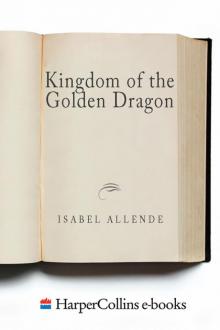 Kingdom of the Golden Dragon
Kingdom of the Golden Dragon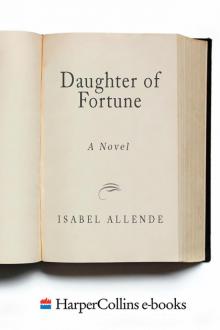 Daughter of Fortune
Daughter of Fortune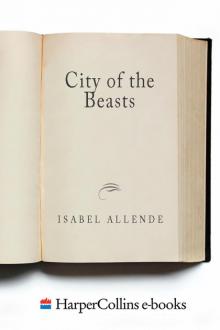 City of the Beasts
City of the Beasts Maya's Notebook
Maya's Notebook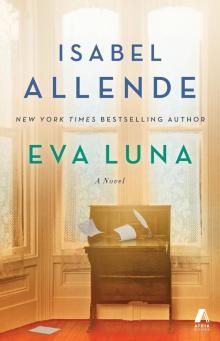 Eva Luna
Eva Luna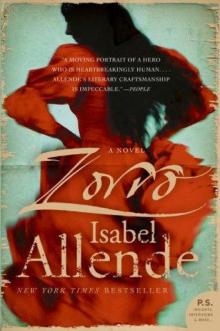 Zorro
Zorro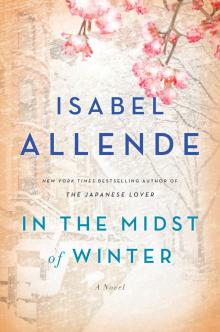 In the Midst of Winter
In the Midst of Winter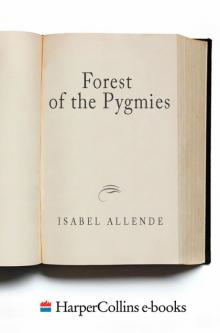 Forest of the Pygmies
Forest of the Pygmies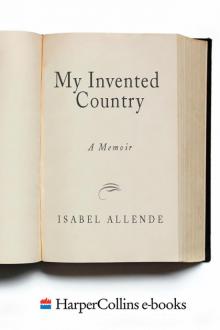 My Invented Country: A Nostalgic Journey Through Chile
My Invented Country: A Nostalgic Journey Through Chile The Japanese Lover
The Japanese Lover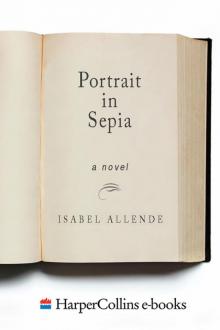 Portrait in Sepia
Portrait in Sepia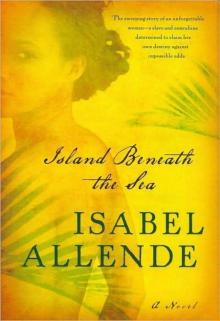 Island Beneath the Sea
Island Beneath the Sea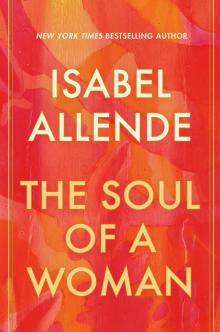 The Soul of a Woman
The Soul of a Woman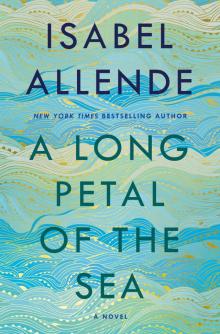 A Long Petal of the Sea
A Long Petal of the Sea Ines of My Soul: A Novel
Ines of My Soul: A Novel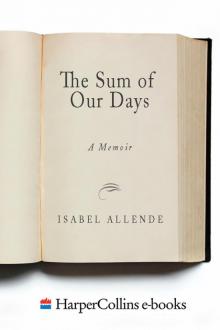 The Sum of Our Days
The Sum of Our Days